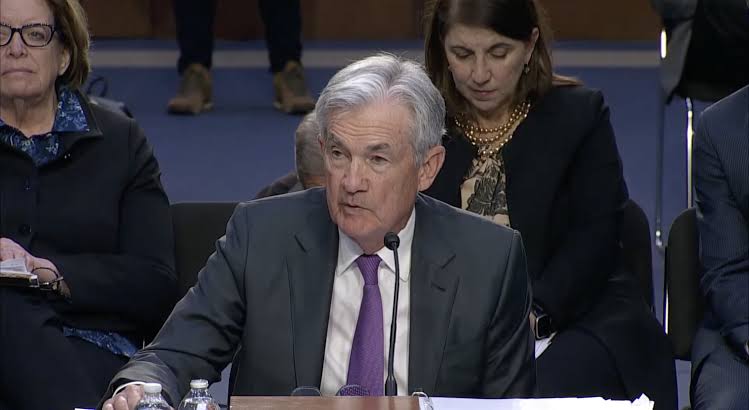Despite Custodia’s efforts, the court ruled in favor of the Federal Reserve, prompting speculation about an appeal.
Custodia Bank CEO Caitlin Long stated in an interview with FOX Business correspondent Eleanor Terrett that the court’s decision involving the Federal Reserve is impeding technological innovation in general.
For the record, Custodia Bank had previously submitted an application to the Federal Reserve of the United States for supervision.
The agency denied the crypto-friendly bank’s request for Master Account access through the Kansas City Fed.
The purpose of this master account was to authorise Custodia Bank to conduct interbank transfers and utilise other critical Fed payment services.
Nevertheless, according to the Federal Reserve, Custodia Bank failed to satisfy the stipulations outlined in the legislation.
The payment system denial compelled the bank to initiate legal proceedings against the Federal Reserve. Numerous participants in the cryptocurrency industry, pro-XRP attorney John E. Deaton, anticipated that the court would rule in favour of the bank.
The expected triumph was considered pivotal for the overall cryptocurrency ecosystem, as it would alter the sector’s perception.
Terrett stated at the time that Long’s victory in the lawsuit would make her the first woman to successfully challenge the Federal Reserve.
In the litigation against Custodia Bank, Wyoming District Judge Scott Skavdahl ruled in favor of the United States Federal Reserve approximately two weeks ago. Moreover, Custodia’s petition for a declaratory judgment was denied, thereby bolstering the Federal Reserve’s position.
CEO Challenges Federal Reserve’s Impact on Innovation
Caitlin Long stated unequivocally that the law is the law during the interview, but she alluded to the possibility of an appeal by mentioning that the Appellate Court could render the final decision.
Long, in her remark concerning the litigation, alluded to the Federal Reserve’s political skewness, which inhibits innovations not only in the cryptocurrency sector but throughout the nation’s tech ecosystem as a whole.
When explicitly queried about her sentiments regarding the court’s verdict in the lawsuit, Long conceded that litigation of this nature has the potential to transpire in either manner. It has long been established that Custodia Bank has made every effort to collaborate with the Federal Reserve, including frequent attendance at meetings.
Terrett, meanwhile, is convinced that Custodia Bank possesses substantial grounds to file an appeal.
The integration of decentralized finance (DeFi) and traditional finance (TradFi) by Custodia Bank is one of the innovations that numerous other banks have been attempting to implement in the financial sector.
This is comparable to the objective that Ripple Labs, a cryptocurrency payment platform, is striving to accomplish with its prospective USD-pegged stablecoin.
A considerable number of these companies have encountered challenges that ultimately impede the progress of their innovative endeavors. The majority of the time, these challenges have taken the form of government regulations and mandates; crypto initiatives are beginning to perceive them as a political ploy.
This, as Long noted, is part of a larger strategy employed by senator Elizabeth Warren and other Republicans to obstruct the development of digital currencies. Cryptocurrency pioneers are coalescing behind pro-crypto attorney John Deaton, who is challenging Senator Warren for a seat in the Massachusetts Senate, while the status quo persists.
Expectations are elevated that, should Deaton achieve success, modifications to the cryptocurrency regulatory framework in the nation may ensue.












